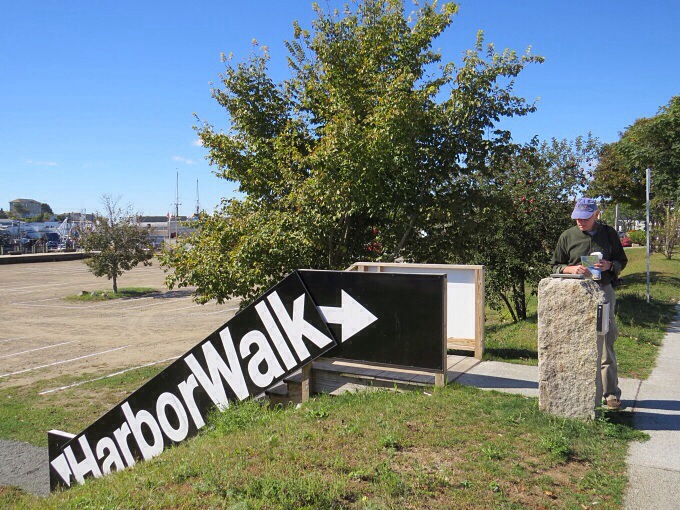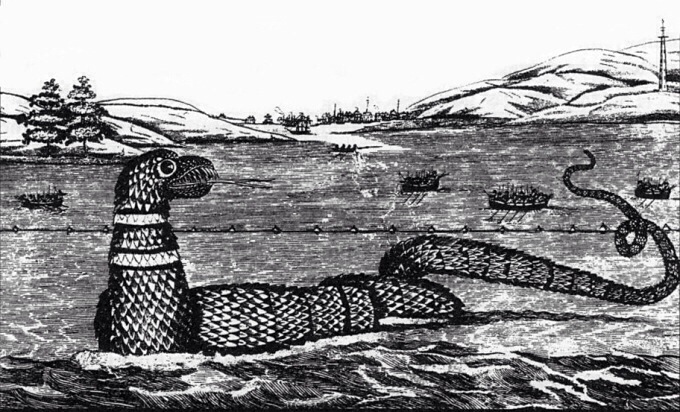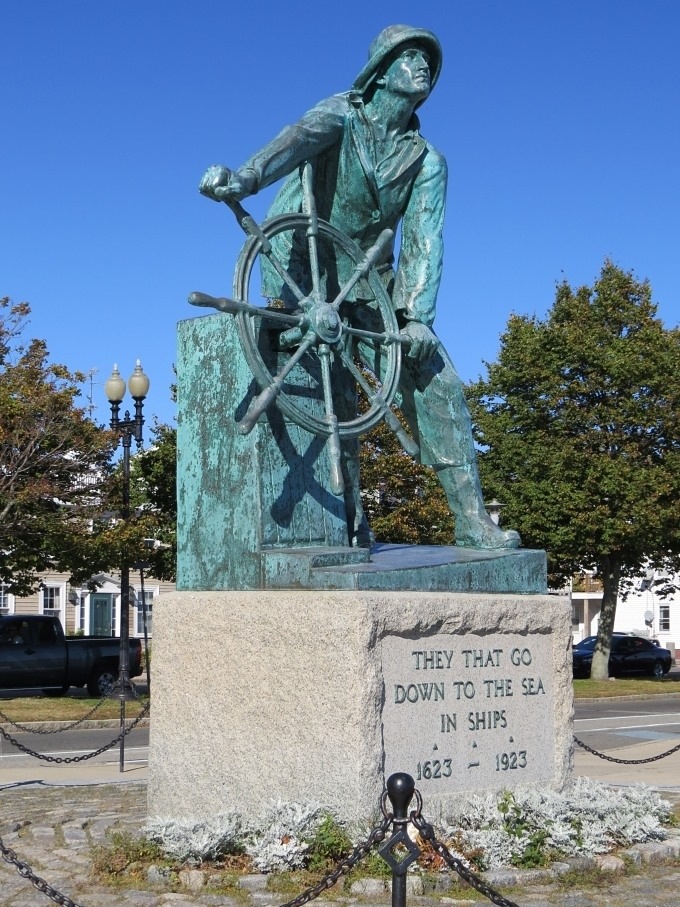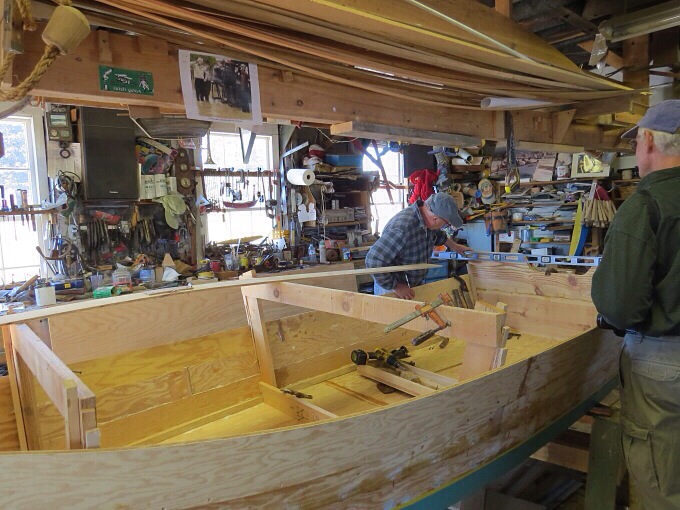Massachusetts' Other Cape - Cape Ann Pt. 2
/ Cape Ann's city of Gloucester is well known as a fishing port and of course, the setting for “The Perfect Storm”, but it's much more if you take the time to stroll around and visit. Founded in 1623, it was one of the first English settlements in America, part of the Massachusetts Bay Colony, and predates both the Salem and Boston settlements by several years. It's America's oldest seaport.
Cape Ann's city of Gloucester is well known as a fishing port and of course, the setting for “The Perfect Storm”, but it's much more if you take the time to stroll around and visit. Founded in 1623, it was one of the first English settlements in America, part of the Massachusetts Bay Colony, and predates both the Salem and Boston settlements by several years. It's America's oldest seaport.
First of all, Gloucester is actually an island. Surrounded by the Atlantic Ocean on three sides, the Blynman Cut /Annisquam River cut Gloucester off from the mainland on the west side. Fishing boats get in and out and kayaks circumnavigate the island, but it's not something Nine of Cups could do. The Blynman Cut Bridge connects Gloucester to the mainland and is the second busiest drawbridge on the US east coast. We watched little boats buck the tide and current getting in through the narrow cut. It's not something you'd approach lightly.
Gloucester (pronounced Glosta, just in case you were wondering) has a working waterfront and a fairly new Harbor Walk that allows visitors to get great views of the boats and harbor. We think the 1.2 mile self-guided walk encouraging tourists to “follow the green seaglass trail … ” along the waterfront and through the town was perhaps the idea of well-intentioned town council who didn't quite follow through. There's little explanation of what you're seeing and finding the trail to follow (must be a lack of seaglass) is sometimes a bit of a challenge. Granted, we did not have our GPS with us nor had we plotted our course in advance, but still …
The city claims a lot of firsts and superlatives. It's touted as having built the first schooner in the US (1723). Out of necessity, Gloucester fishermen invented the iconic Sou'wester hat. It has the oldest continuously operating marine railway in the US (1849). Gorton Seafood has had a processing plant here since 1849 and Clarence Birdseye, father of frozen foods, was freezing fish in Gloucester back in 1925. Gloucester even has its own sea serpent! We got a kick out of an historic city timeline which listed not only those firsts above, but makes reference to four men who were fined in 1648 for hunting raccoons instead of attending church!
Historically home to one of the largest fishing fleets in the US, Gloucester has lost over 10,000 men to the Atlantic Ocean in its nearly 400 year history, according to Wiki. The Man at the Wheel statue, Gloucester's fishermen's memorial, sits prominently on the shore walk facing the sea and lists those that have lost their lives.
A number of movies have been filmed here, “The Perfect Storm”, being the most famous in recent years. The events you watched or read about in The Perfect Storm were loosely based on true events which occurred in 1991 (after all, it is a Hollywood film). The Cape Pond Ice Company provides a landmarks map for tourists to check out the actual places talked about in the movie like the Crow's Nest Bar, Virgilio's Bakery and of course, the Cape Pond Ice Company.
Across the harbor on Rocky Neck is an active art colony. More important to sailors, however, is the historic Tarr and Wonson Paint Manufactory buildings, a quintessential part of Gloucester Harbor in since 1874 and best known for developing an innovative copper anti-fouling paint used on the bottom of boats prevent barnacles.
The waterfront is especially scenic. Gloucester dories line the docks and Gino at the Dory Shop down the way is responsible for making most of them.
We walked along the pier and watched the graceful schooner, Ardelle, return from a harbor tour.
An old lobster shack on the pier is used for demonstrating lobster traps to tourists.
We last visited Gloucester over a decade ago on our first trip in Nine of Cups up the US east coast. Revisiting by land was fun, but we think it would be great to bring Cups back here sometime, too. The view from the boat is always the best.










